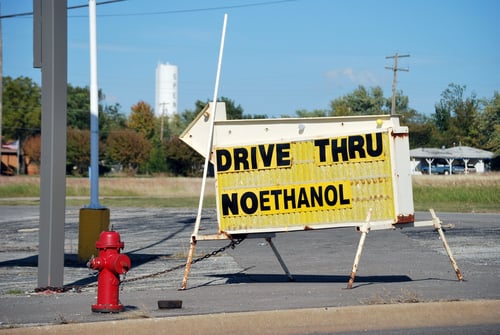GTXT23
LightFoot
Does anyone have an opinion on using Ethanol-Free "Clear Gas" (only available in 87 octane ) vs Regular 87 octane
as the cost is nearly identical to using super 91 octane ?
I normally opt for the higher octane- at the same price -
This question may disqualify most turbo CX-5 drivers since the hp increase from regular fuel (87) to super(91+) is significant.
There are likely many states that don't sell " Clear Fuel "-as well.
I suppose if you have a turbo you could use the Clear Fuel and add an octane booster- but that's quite a headache and costly.
Anyone with experience using it or scientific data would be appreciated - Thanx
as the cost is nearly identical to using super 91 octane ?
I normally opt for the higher octane- at the same price -
This question may disqualify most turbo CX-5 drivers since the hp increase from regular fuel (87) to super(91+) is significant.
There are likely many states that don't sell " Clear Fuel "-as well.
I suppose if you have a turbo you could use the Clear Fuel and add an octane booster- but that's quite a headache and costly.
Anyone with experience using it or scientific data would be appreciated - Thanx

